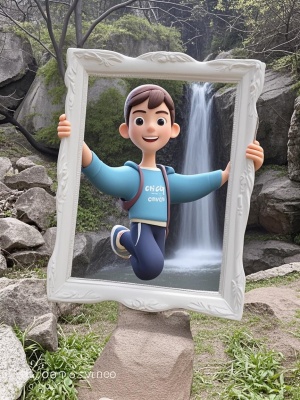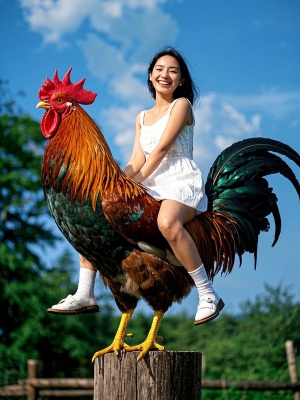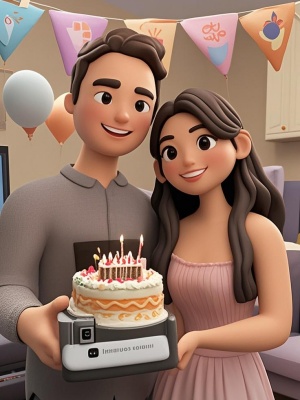The Art of 3D Portraits: A Comprehensive Guide
3D art portraits have revolutionized the way we capture and immortalize human expressions. Unlike traditional 2D portraits, 3D portraits add depth, realism, and a dynamic quality that brings subjects to life. Whether for personal keepsakes, professional portfolios, or artistic endeavors, 3D portraits offer unparalleled creative possibilities. In this article, we will explore the intricacies of 3D art portraits, their applications, and the technology behind them.
What Are 3D Art Portraits?
A 3D art portrait is a digital or physical representation of a person that incorporates three-dimensional elements to create depth and realism. These portraits can be created using various techniques, including 3D modeling, sculpting, and photogrammetry. The result is a lifelike representation that captures not just the subject's appearance but also their personality and essence.

Techniques for Creating 3D Portraits
There are several methods to create 3D art portraits, each with its unique advantages:
- 3D Modeling: Artists use software like Blender or ZBrush to sculpt digital models from scratch.
- Photogrammetry: This technique involves taking multiple photographs of a subject from different angles and stitching them together to create a 3D model.
- 3D Scanning: Specialized scanners capture the subject's physical features in high detail, which can then be refined in software.
For those interested in exploring more about digital art techniques, check out our AI Art Guide for in-depth tutorials and tips.

Applications of 3D Art Portraits
3D art portraits are not just limited to artistic expression; they have practical applications across various fields:
Personal Use
Many people commission 3D portraits as unique keepsakes for special occasions like weddings, birthdays, or anniversaries. These portraits can be printed as figurines or displayed digitally. For inspiration, browse our Wedding Scenes gallery.
Professional Use
In industries like gaming, film, and advertising, 3D portraits are used to create realistic characters and avatars. They are also popular in virtual reality (VR) and augmented reality (AR) applications.
Artistic Expression
Artists use 3D portraits to push the boundaries of creativity, experimenting with styles ranging from hyper-realism to abstract interpretations. For more on artistic techniques, refer to our AI Painting Guide.

Challenges and Solutions in 3D Portrait Creation
Creating a 3D art portrait comes with its own set of challenges. Below is a problem-solution matrix to address common issues:
| Problem | Solution |
|---|---|
| Capturing fine details | Use high-resolution cameras or scanners for photogrammetry. |
| Time-consuming modeling | Leverage AI-powered tools to automate parts of the process. |
| Realistic textures | Incorporate advanced shading and lighting techniques. |
Conclusion
3D art portraits represent a fusion of technology and creativity, offering endless possibilities for personal, professional, and artistic use. Whether you're a beginner or an experienced artist, understanding the techniques and tools involved can help you create stunning, lifelike portraits. For more resources, visit our Gallery or explore our Blog for tutorials and inspiration.
By mastering the art of 3D portraits, you can bring your creative visions to life in ways that were once unimaginable. The future of portrait art is three-dimensional, and the possibilities are limitless.